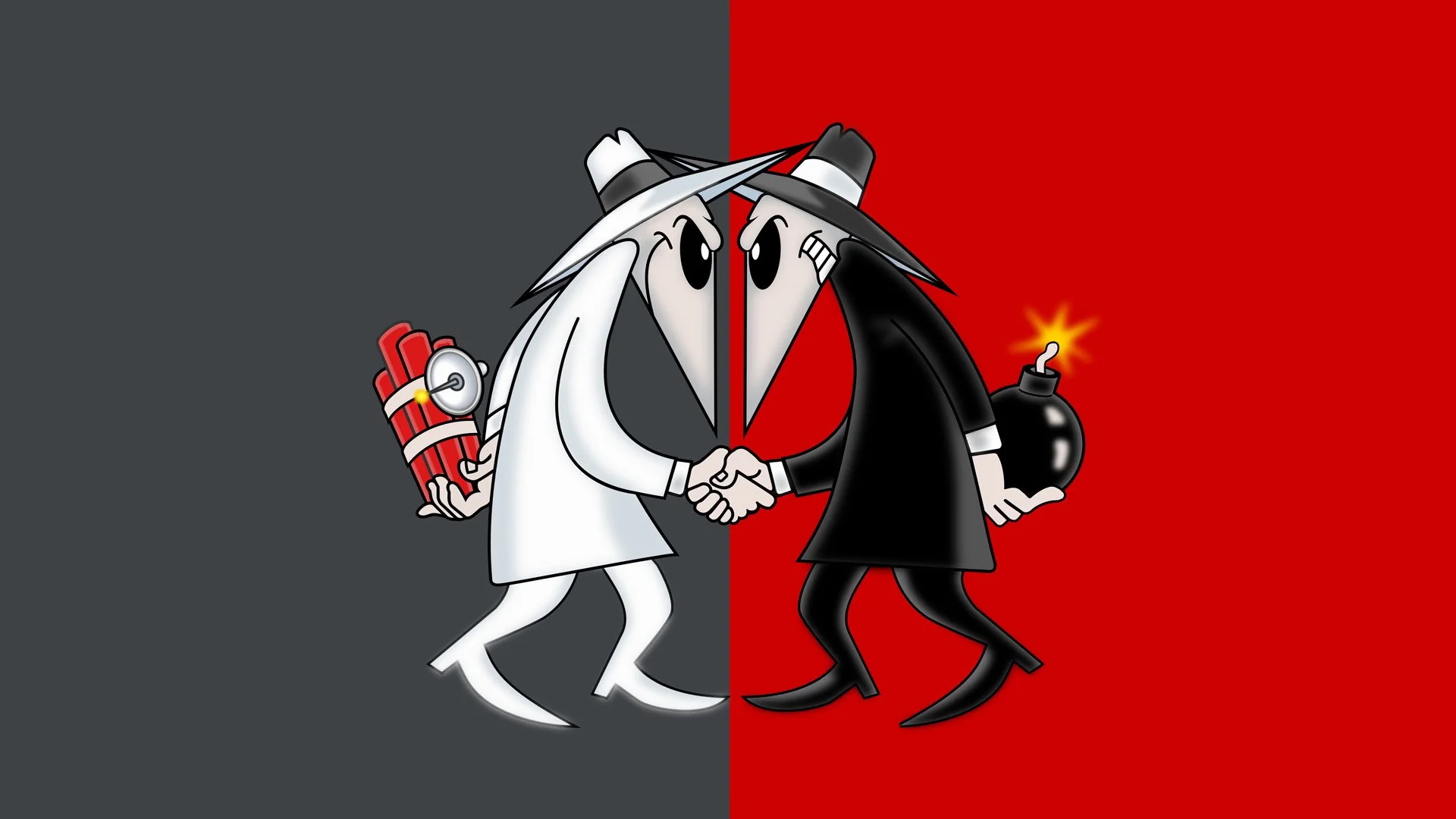The Cult of Politics: Why Blind Allegiance is Dangerous

In recent years, my political observations have led me to a rather disheartening conclusion: the leaders we elect, regardless of their political affiliation, often appear to crave power above all else. This desire for dominance manifests in a refusal to collaborate across party lines, breeding a culture of division and distrust. This blog post aims to explore the striking resemblance between blind political allegiance and cult-like behavior, as well as how this polarization has eroded our national discourse. Reflecting on historical periods of political division, we can also glean valuable lessons for healing and unity.
The Allure of Power
Politicians, by the nature of their roles, hold significant sway over the direction and tone of our nation. Idealistically, they are public servants, chosen to represent our interests and foster progress. However, the reality is often far less noble. The drive to maintain their positions can overshadow the duty to serve, leading to power-seeking behavior that prioritizes reelection over real solutions.
This phenomenon is not isolated to one party. Conservatives and liberals alike demonstrate a reluctance to engage in genuine bipartisan efforts. When winning becomes the primary objective, compromise is seen as weakness and collaboration as betrayal.
The Cult-like Devotion
When we consider the characteristics of a cult, certain traits come to mind: unquestioning loyalty to a leader, rejection of dissenting viewpoints, and an ‘us versus them’ mentality. Troublingly, these traits are increasingly mirrored in our political landscape.
In a cult, followers often place immense trust in a singular authority figure, believing their leader can do no wrong. Similarly, political supporters now often exhibit blind allegiance, defending their chosen representatives regardless of misconduct or policy failures. This unwavering loyalty stifles critical thinking and discourages open dialogue.
Moreover, political rhetoric has become a battleground of exclusion and vitriol. Disagreeing with party doctrine can result in ostracism, much like questioning a cult’s beliefs. Opponents are not just seen as individuals with differing opinions but as existential threats. This dehumanization fosters an atmosphere where cooperation is not just difficult but seemingly impossible.
Historical Political Polarization
America has faced political polarization before, and history offers both cautionary tales and hopeful resolutions.
Consider the Civil War, perhaps the most extreme example of national division. The conflict was characterized by starkly opposed ideologies and regions, resulting in immense bloodshed and suffering. Yet, the post-war Reconstruction Era, while imperfect, included efforts to reunify the nation and extend rights and protections to formerly enslaved individuals. The lessons here underscore the difficulty of reconciliation but also the necessity of initiatives aimed at rebuilding trust and cooperation.
During the Civil Rights Movement, the country was again deeply divided. African Americans and allies pressed for equality against entrenched segregationist attitudes. The movement faced fierce resistance, but ultimately, legislative and social changes advanced the cause of justice. Leaders like Martin Luther King Jr. emphasized love, non-violent protest, and the moral imperative of unity, offering a blueprint for overcoming division.
More recently, the political climate of the late 20th century saw significant partisan conflict. Yet, figures like Ronald Reagan and Tip O’Neill maintained a relationship that, despite ideological differences, highlighted the possibility of mutual respect and productivity. Their example demonstrates that spirited disagreement does not preclude cooperation.
The Path Forward
So, how do we extract ourselves from the cult of politics and begin to repair our fractured society? Here are some proposed steps:
-
Encourage Critical Thinking: Blind allegiance is the bedrock of cultism. To dismantle this, we must foster a culture of critical thinking. Citizens should be empowered to question leaders and hold them accountable, regardless of party affiliation.
-
Promote Bipartisan Initiatives: Legislative bodies must revive the spirit of bipartisanship. Initiatives that necessitate cross-party collaboration can pave the way for a more cooperative political atmosphere.
-
Civic Education: A well-informed electorate is less susceptible to manipulation. Comprehensive civic education can equip individuals with the knowledge to engage with issues thoughtfully and contextually.
-
Facilitate Dialogue: Platforms for respectful discourse must be cultivated. Community forums, town halls, and online spaces designed for civil dialogue can bridge divides and humanize individuals with differing views.
-
Focus on Common Goals: Emphasizing shared objectives, such as economic stability, national security, and public health, can unite disparate groups. By concentrating on these commonalities, we can see past ideological divides and work towards mutual benefits.
-
Leadership by Example: Politicians and public figures who prioritize unity and demonstrate a willingness to bridge gaps must be elevated. Celebrating leaders who embody collaboration reinforces its value.
By addressing these steps, we can take meaningful strides toward healing our divisions. It is imperative that we remember the power of the collective ‘we’—our shared identity as Americans rather than segregated partisans.
Blind allegiance to political leaders, irrespective of party, undermines the principles of democracy and discourse. It is comparable to cult behavior, fostering division and suppressing critical thinking. Reflecting on our history reveals that, while polarization is not new, neither is our capacity for overcoming it. By renewing our commitment to dialogue, cooperation, and shared goals, we can rebuild trust and forge a more united future.
The journey will not be easy, and the path forward requires dedication and sincere effort from each of us. But if we learn from our past and strive for a more collaborative political environment, we can overcome the division and truly lift each other up.
Spy vs. Spy image credit to Mad Magazine, Dave Manak and Peter Kuper